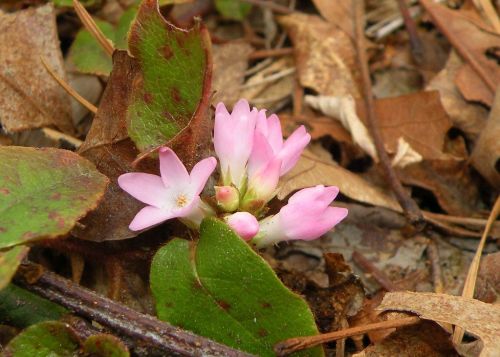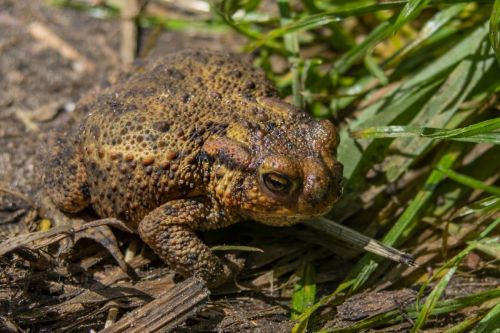Golden poppy is a yellow-flowered poppy plant native to the southwest of North America. It is also cultivated as an ornamental plant worldwide.
In addition to its decorative properties, this plant also has a health-promoting effect. It is a sedative plant that helps with sleep disorders and anxiety.
It has been a state flower of California since 1903 and is protected by law there.
Its main range is concentrated in California, but it is found over a wide area in Washington, Oregon, Arizona, Nevada, New Mexico, Baja California and Sonora.
Prefers higher elevations, grows up to 2500 meters above sea level.
It has been used by indigenous people in California since prehistoric times as a painkiller, sedative, and hypnotic drug. It produces mild psychoactive effects.
Today it is used by many people to treat anxiety and sleep disorders. It is not safe to use the plant without consulting a doctor, as it can be toxic in certain amounts.
Among other wildflowers, on over 1700 acres (7,2 km2), vast fields full of poppies are growing there. The reserve, located in Los Angeles County, was established in 1976 and is under the management of the California Department of Parks.
The plants are not irrigated or fertilized, leaving the ecosystem intact. Animals are also not allowed in the park, except for service dogs. For visitors, there are over 7 miles (11 kilometers) of tracks for guests, including wheelchair-accessible trails. Despite the abundance of plants, picking flowers is prohibited.
Various parts of the plant have been used to repel lice, to treat headaches and toothaches, among other things. The plant has been found to have sedative properties.
Some studies suggest that California poppy may help with sleep disorders by enhancing the response of GABA (gamma aminobutyric acid) - one of the major neurotransmitters involved in sleep regulation.













